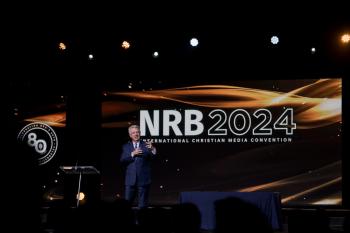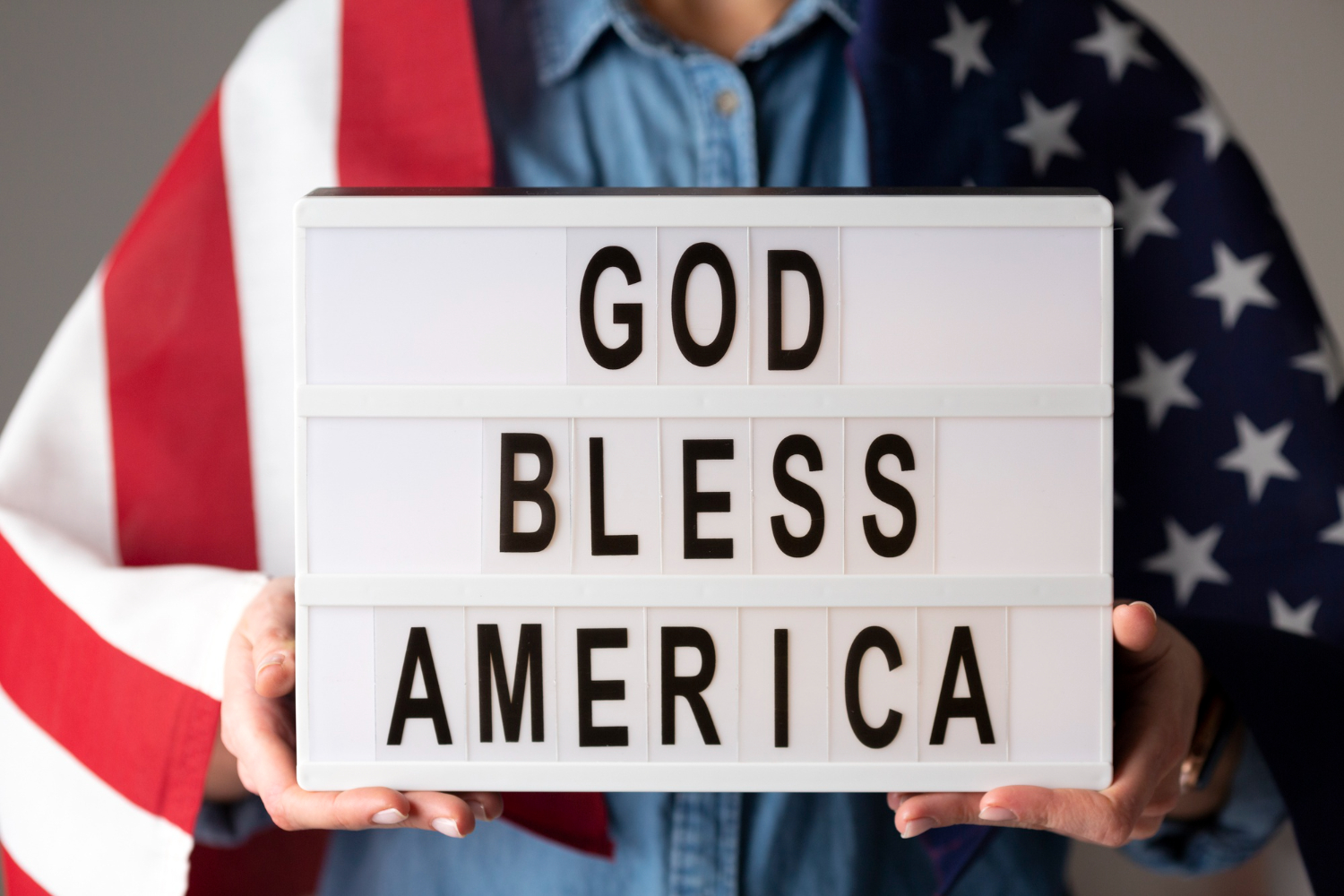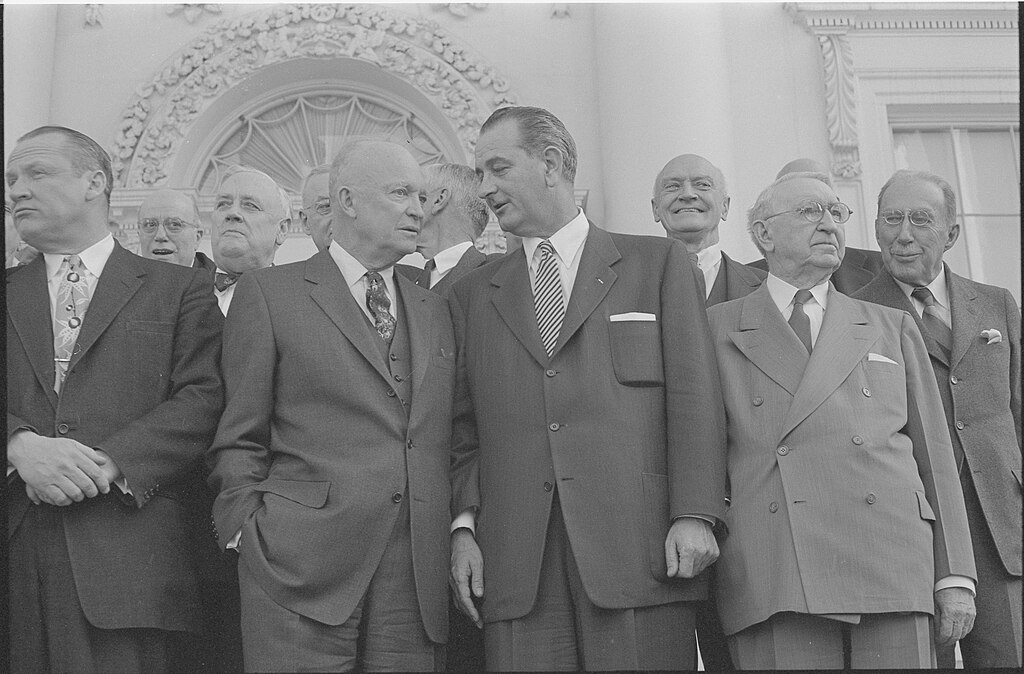
It’s called the Johnson Amendment, and currently, is under fire by the National Religious Broadcasters because it bans anyone in a faith-based arena from actively campaigning for political candidates.
In an official federal complaint in Tyler, Texas, attorneys from the National Religious Broadcasters, Sand Springs Church (Athens, Texas), First Baptist Church Waskom (bordering the northeastern state line between Texas and Louisiana, near Shreveport), and a conservative activism group called Intercessors for America, claims the federal ban restricts their freedom of speech to speak out about political candidates and policies.
In the suit, the plaintiffs stress the 501 (c)(3) rules are inconsistent and lead to subjective interpretation. Particularly, the tax code restricts churches and charities by “silenc[ing] their speech while providing no realistic alternative for operating in any other fashion.”
“The IRS acts in an arbitrary and capricious manner vis-à-vis electoral statements by nonprofit organizations,” the suit says. The National Religious Broadcasters assert the Internal Revenue Service “operates in a manner that disfavors conservative organizations and conservative, religious organizations” in its enforcement of the code.
The NRB suggests churches (and respective ministries) “are placed in a unique and discriminatory status” by the IRS, which makes it a matter of tax law.
Charities, Churches and Politics. Oh My.

That’s the title of the official IRS tax code, “Charities, Churches and Politics.” The introduction of the 1954 Congressional amendment named after then-Senator Lyndon Johnson reads:
Currently, the law prohibits political campaign activity by charities and churches by defining a 501(c)(3) organization as one “which does not participate in, or intervene in (including the publishing or distributing of statements), any political campaign on behalf of (or in opposition to) any candidate for public office.”
The latest code was changed in 1987, which enhanced the language to “clarify that the prohibition also applies to statements opposing candidates.”
Later, in 2007, the IRS put out an official news release serving as “a reminder” to 501 (c)(3) organizations (i.e., charities, churches, parachurch networks, ministries) that engaging on behalf of or in opposition to political candidates is prohibited by federal law.
“The political contests, especially for president, are starting earlier than usual. The IRS, as it has in the past, wants to remind charities and churches of the ban on political campaign activity. We also want to urge nonprofit and religious organizations to review the guidance we have issued to help them avoid any problems,” said Steven T. Miller, Commissioner of IRS’ Tax Exempt and Government Entities Division.
The code does not prohibit newspapers or broadcast outlets, which should be objective, from taking a stance on a political candidate. This is the catalyst behind the NRB complaint. Why can’t churches, ministries, and charities do the same for their audiences, supporters, or members?
“Plaintiffs believe that nonprofit newspapers have a clear constitutional right to make such endorsements or statements,” read the complaint filed Wednesday in the United States District Court of the Eastern District of Texas, Tyler Division. “Plaintiffs simply contend that they should also have the same freedom of speech.”
The Johnson Amendment: Purpose or Punishment?

In 1954, Senator Lyndon Johnson sponsored legislation that prevents organizations that claim tax-exempt status from making a statement for or against any political candidate of any level. This includes clergy. However, this doesn’t stop political activity in churches.
For example, a church can hold a voter registration or education drive because that is considered a public service to help people understand the purpose of voting rather than pushing a person of either party. Additionally, clergy can speak about political issues, as long as they aren’t partisan. If the sermon is about abortion, a pastor can talk about it biblically, but not suggest what candidate supports that point of view.
From a cursory vantage point, this issue is one of free speech, but upon closer investigation, this could be a suggestive struggle about money. If churches can legally advocate and motivate voters, several notable ones nationwide have million-dollar ancillary funds, which could mean figurative floodgates of donations into political campaigns.
In 2016, the Washington Post reported only one of over 2,000 Christian clergy who have deliberately challenged the IRS tax code since 2008 have been audited.
“The [National Religious Broadcasters] are not filing a motion for a preliminary injunction or any other motion to expedite the litigation. They do not expect any hearings in the matter prior to the 2024 election,” the release said.


